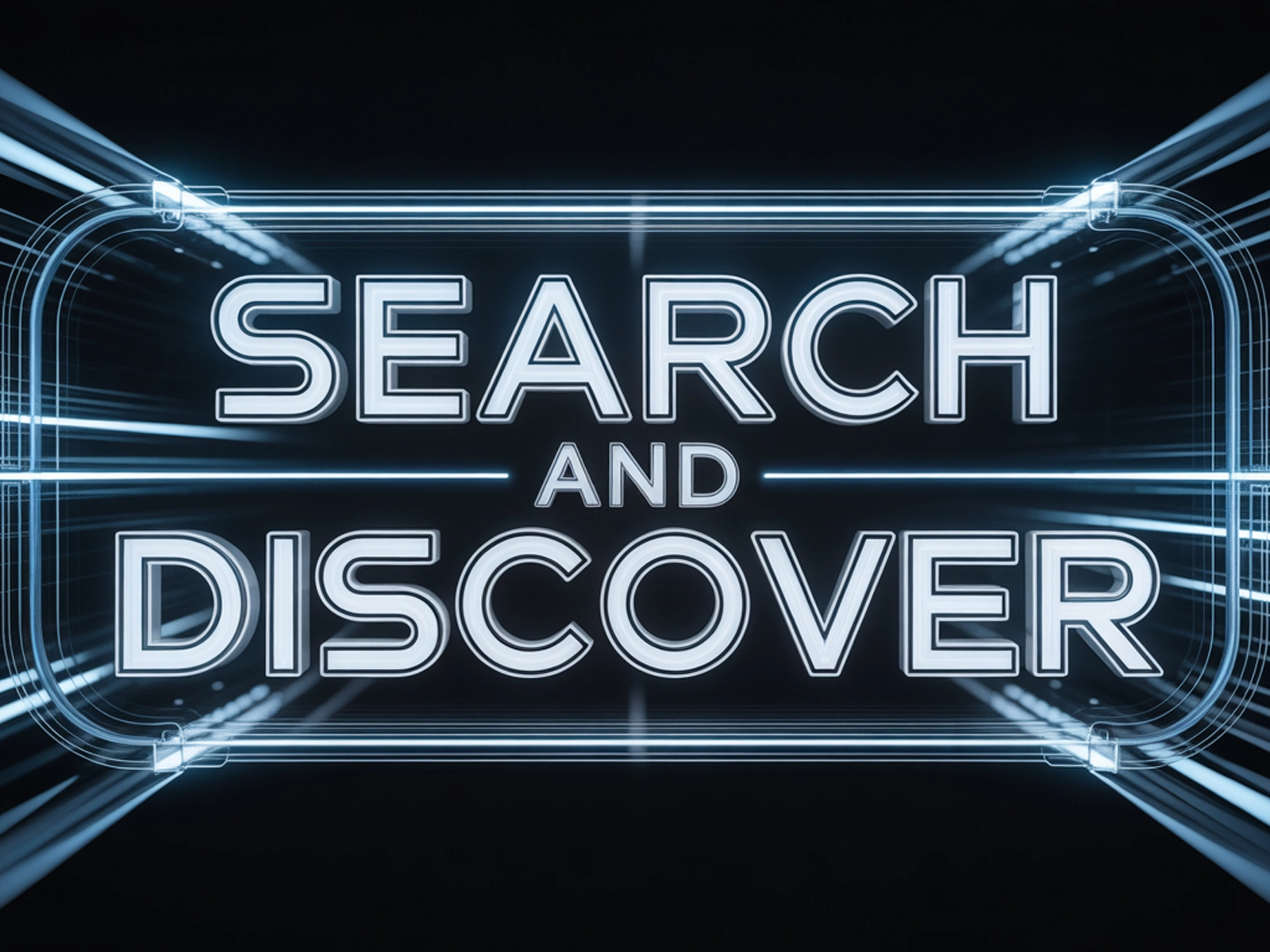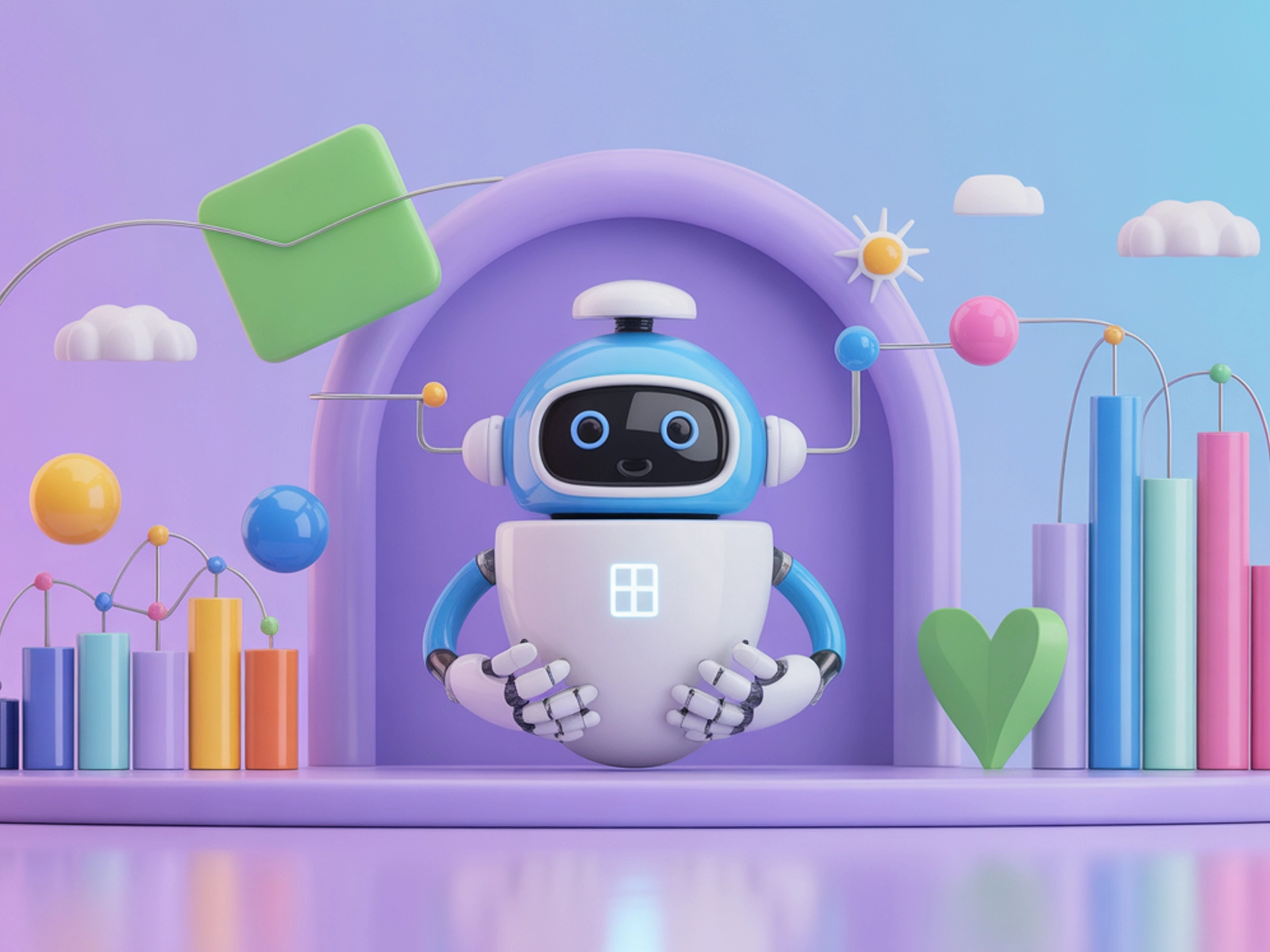
How to make Search and Discover show your perfect image
What changes in Google Ads API Developer Assistant v2.0?

How stylistic features impact user engagement in AI-generated content

3 minutes
Perhaps search engines built on artificial intelligence will not lead to the end of search. This may be due to the concept of ‘Query Deserves Ads’.
Google CEO Sundar Pichai recently discussed the future of search, emphasizing the importance of sites and search engines (which is great news for search engines) and recognizing the role of AI chatbots like Gemini. This may seem contradictory, as AI is expected to make search engines obsolete, but there is a way for both approaches to coexist and evolve in parallel.
There is a lot of discussion about AI search, but there is often no consensus on what AI search means. This is important because there are three ways to understand this question:
We still talk about traditional search and conventional search as if they were the same thing we’ve been talking about for the last 20+ years. The reality is that traditional search no longer exists. With artificial intelligence driving search from start to finish, it’s time to stop talking about traditional search and embrace what we’re dealing with: AI-powered search.
Sundar Pichai points out that Google has been using artificial intelligence for years, and we know this to be true because of systems like RankBrain, SpamBrain, and the Helpful Content System (called HCU), which uses AI to discover content in local searches, and there are many other ways that AI is involved in almost every stage of Google search, from the backend to the ranking process to the front-end of search results.
Google SpamBrain’s 2021 documentation describes how to use AI at the crawling and indexing level:
“First, we have systems that can detect spam when crawling pages or other content…. Some content detected as spam is not added to the index.
These systems also work for content we discover through sitemaps and Search Console. …We’ve seen spammers hack into vulnerable sites, impersonate the owners of those sites, verify their identity in Search Console, and use the tool to request that Google crawl and index many of the spam pages they’ve created. Using AI, we were able to detect suspicious verifications and prevent spam URLs from entering our index this way.”
What people now call AI search is a misnomer. A more accurate name is generative search. Bing and Perplexity.ai are generative chatbots based on artificial intelligence that run on top of the search index, and something in the middle manages their interaction. This is often referred to as Retrieval Augmented Generation (RAG) technology, created by Facebook AI researchers in 2020.
Chatbots include many different systems, such as ChatGPT and Gemini. No need to worry about this question, right? Okay, let’s continue.
Generative Search is a clunky mix of chatbot and search engine with a somewhat confusing interface. It’s awkward because it wants to do your homework and provide phone numbers for local restaurants at the same time, but it’s not perfect at either. But even if generative search gets better, does anyone really want a search engine that can also write articles? It’s almost certain that these clunky connectivity features will eventually go away, and they’ll become more like Google over time.
So the future is coming to chatbots and search engines. Sam Altman notes that AI chatbots that show ads are a dystopia.
However, if the chatbot does not show ads, it will significantly reduce Google’s advertising revenue. Nevertheless, the SEO industry is convinced that SEO will no longer matter as search engines will be replaced by artificial intelligence.
At some point, Google may make so much money from its cloud services and SaaS (software as a service) products that if everyone switches to AI chatbots, they will be able to abandon search-based advertising.
If search advertising brings in money, why put all the effort into indexing the Internet and developing technology without monetizing it? Who leaves money on the table? Not Google.
There is a search engine algorithm called Query Deserves Ads. The algorithm determines whether a search query is popular or newsworthy and selects pages that have recently been published on the latest topics.
Also, at some point, the chatbot will decide when a search query deserves advertising and move to the search results.
Google CEO Pichai denied the SEO narrative of the decline and death of search engines. Pichai said that the future of search is sites, as search needs the diversity of viewpoints inherent in the web. So where does this all lead?
Google search already provides answers to non-monetary queries such as weather and currency conversion. There are no ads for such queries, so Google has nothing to lose by displaying informative queries in the chatbot.
But for search queries about purchases and other transactions, Query Deserves Ads is the best solution.
If a user makes a shopping-related query, the chatbot will “help” determine whether the query is an advertising query and move it to the search engine’s advertising inventory.
People like to read reviews, news, rumors, and other fictional topics, and this will not go away. Ideas are important. Personality is important.
This article available in Ukrainian.
Say hello to us!
A leading global agency in Clutch's top-15, we've been mastering the digital space since 2004. With 9000+ projects delivered in 65 countries, our expertise is unparalleled.
Let's conquer challenges together!
performance_marketing_engineers/
performance_marketing_engineers/
performance_marketing_engineers/
performance_marketing_engineers/
performance_marketing_engineers/
performance_marketing_engineers/
performance_marketing_engineers/
performance_marketing_engineers/